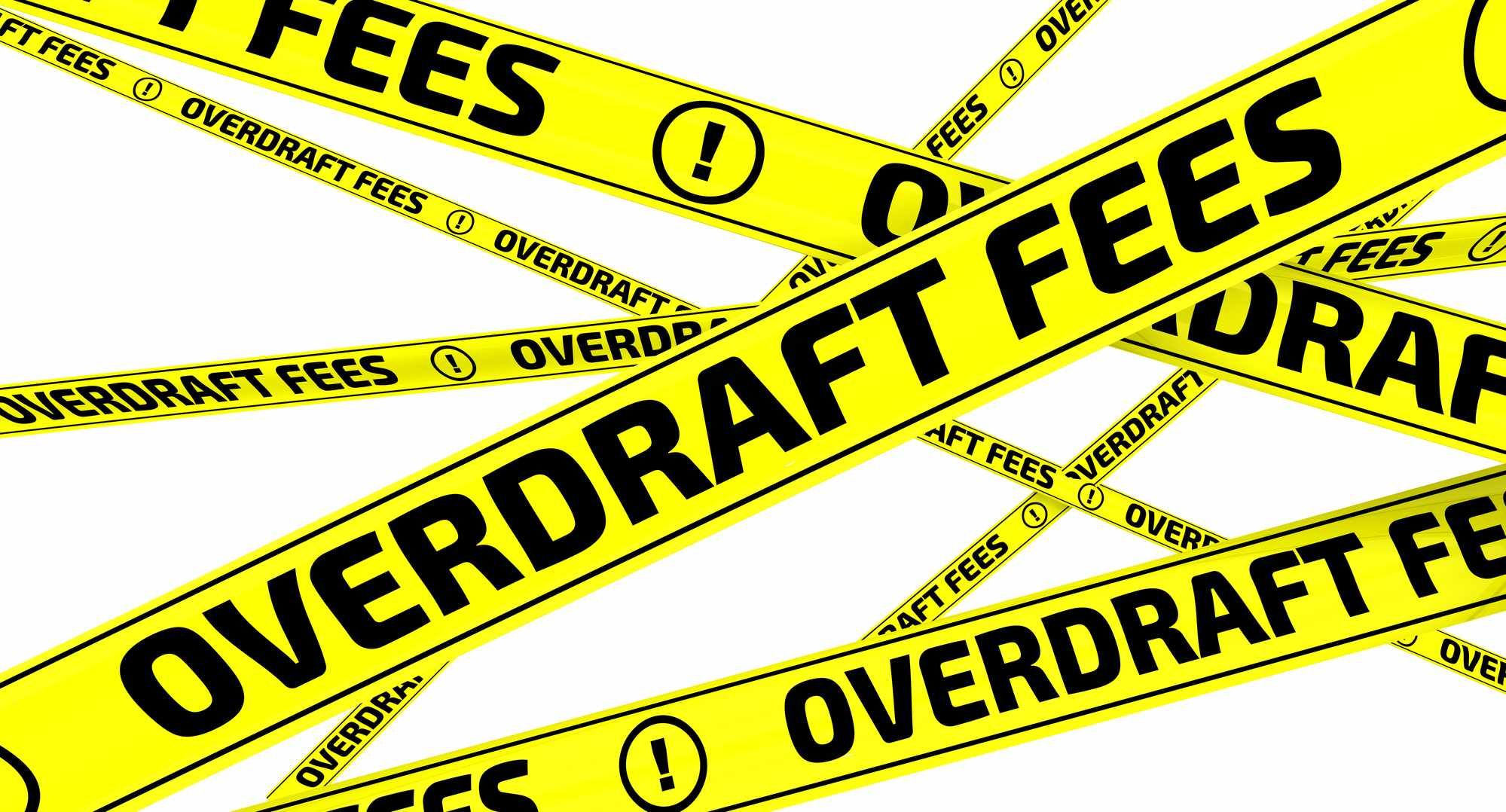Top Class Actions’s website and social media posts use affiliate links. If you make a purchase using such links, we may receive a commission, but it will not result in any additional charges to you. Please review our Affiliate Link Disclosure for more information.
While overdraft protection is supposedly intended to protect consumers, bank overdraft fees have been steadily increasing for years, reaching a record high in 2020.
In 1998, the average overdraft fee was $21.57. In the 22 years since, the average fee for overdraft protection has increased by nearly $12, to an average of $33.47 in 2020, per a study from Bankrate.
There was an $0.11 increase over last year alone, coinciding poorly with the ongoing coronavirus pandemic and its economic impact on millions of people in the U.S. Indeed, researchers at Columbia University have found that with no new coronavirus relief plans passed in months, 8 million Americans have been pushed below the poverty line.
Early on in the coronavirus pandemic, some lawmakers pushed for banks to stop charging both overdraft fees and non-sufficient funds fees, giving customers a reprieve.
“We must give workers and hardworking Americans the tools they need to rebuild and recover after this crisis,” Senator Sherrod Brown told CNBC Make It. “That includes making sure they can keep their money in their own pockets and out of the hands of banks to cover fees and small overdraft amounts.”

And though Americans from a variety of financial backgrounds have found themselves struggling during these difficult times, research has shown that overdraft protection fees disproportionately affect the most financially vulnerable, with 9 percent of account holders paying 84 percent of overdraft fees in 2019. These customers usually have low balances in general, averaging less than $350 in their accounts, per the Center for Responsible Lending via The New York Times.
One of the worst aspects of overdraft fees is that it’s possible—even common—to get hit with several overdraft charges in one day. In fact, in many cases, the system may be designed that way.
Overdraft fees compound, so that each new transaction that pushes someone further into overdraft will rack up a new charge. But some banks and credit unions may take it a step further than that by purposely reordering transactions to charge more fees.
Instead of processing transactions chronologically (that is, the order in which they were made) a bank might instead process transactions from highest to lowest, pushing the account into overdraft as soon as possible, and thus maximizing the number of transactions that will incur an overdraft fee. Multiple fees can quickly add up so that a consumer faces more than $100 in fees.
Banks have also been impacted financially by the pandemic—and while getting rid of overdraft fees may be unlikely in the long term, research has shown that granting or prolonging an overdraft reprieve for customers may be helpful for both banks and consumers in the short term. According to a recent R/GA study cited by Business Insider, 20% of customers in the U.S. who recently switched to a national bank noted their frustration with bank fees.
If you have faced unfair overdraft protection practices at your bank or credit union, you may be able to file a lawsuit and pursue compensation. Filing a lawsuit can be a daunting prospect, so Top Class Actions has laid the groundwork for you by connecting you with an experienced attorney. Consulting an attorney can help you determine if you have a claim, navigate the complexities of litigation, and maximize your potential compensation.
ATTORNEY ADVERTISING
Top Class Actions is a Proud Member of the American Bar Association
LEGAL INFORMATION IS NOT LEGAL ADVICE
Top Class Actions Legal Statement
©2008 – 2024 Top Class Actions® LLC
Various Trademarks held by their respective owners
This website is not intended for viewing or usage by European Union citizens.
Get Help – It’s Free
Join a Free Bank Overdraft Fee Class Action Lawsuit Investigation
If your bank and credit union has engaged in deceptive overdraft fee practices, you may have a legal claim. Fill out the form on this page now to find out if you qualify!
An attorney will contact you if you qualify to discuss the details of your potential case.
PLEASE NOTE: If you want to participate in this investigation, it is imperative that you reply to the law firm if they call or email you. Failing to do so may result in you not getting signed up as a client or getting you dropped as a client.
In order to properly investigate overdraft fee claims, you may be required to disclose bank statements to overdraft fee attorneys. Please note that any such information will be kept private and confidential.













